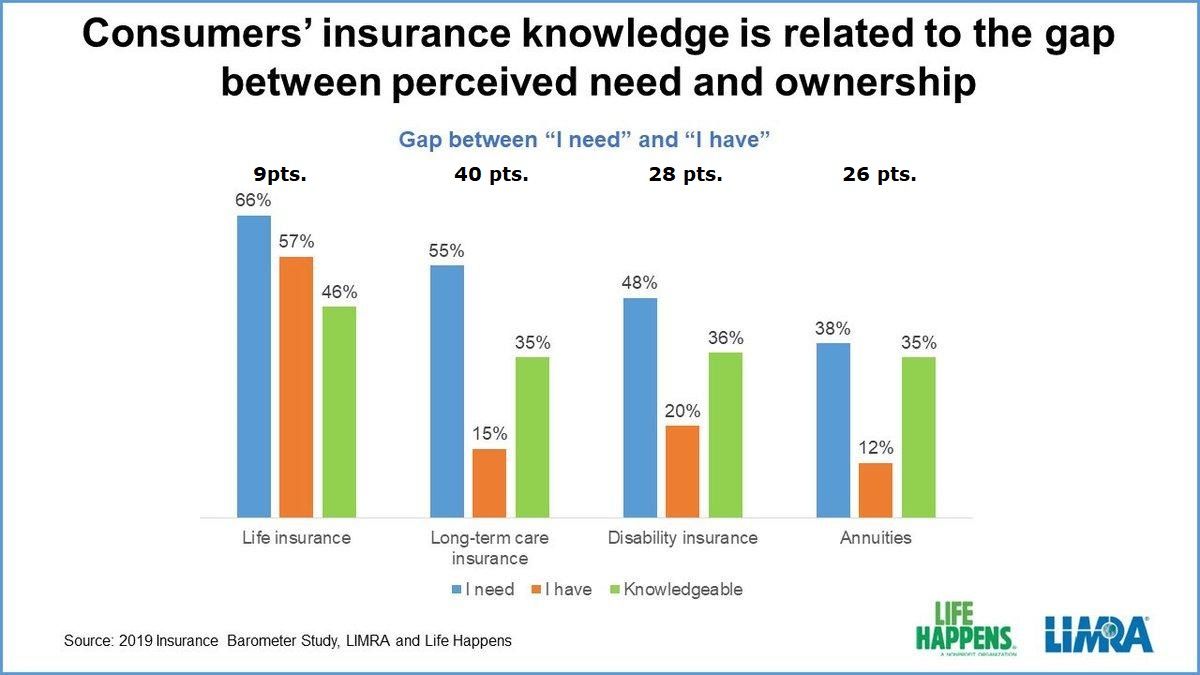Some years ago, we blogged on a rather interesting (and illegal) sideline in which a Pine Tree State insurance agent was engaged:
"57-year-old Mark Strong Sr., pleaded not guilty to 59 counts of promotion of prostitution and violation of privacy."
Mr Strong being, of course, the proprietor of the "Strong (Insurance) Agency" of Thomaston, Maine.
We wondered at the time about whether or not his Errors and Omissions policy would provide much cover.
Fast forward a half-dozen years or so, and co-blogger Bob V tips us to this life-imitates-the-news stiry out of Portsmouth, Ohio:
"Regulators are trying to remove the license of an insurance salesman allegedly involved in a sex trafficking ring ... saying he committed insurance fraud on at least two separate instances."
Wait, is he in Dutch because of the sex thing, or the fraud thing?
Well, seems to be both, plus the odd HIPAA violation (one wonders how he missed out on the jaywalking).
Turns out, he's accused of trying to fool an insurance company into paying a fraudulent disability claim [ed: and look at that - it's still Disability Insurance Awarenes Month! Go us!], so that covers the insurance part.
Aside from that, two women claim to have slept with him for money (wait, did he get that from the DI carrier?).
The article also mentions that he's "a long-time financial adviser;" given that at least two insurance carriers have fired him, and the DOI is apparently looking to suspend his license, seems like the SEC folks will soon be taking their bite, as well.
I lead such a sheltered life.
"57-year-old Mark Strong Sr., pleaded not guilty to 59 counts of promotion of prostitution and violation of privacy."
Mr Strong being, of course, the proprietor of the "Strong (Insurance) Agency" of Thomaston, Maine.
We wondered at the time about whether or not his Errors and Omissions policy would provide much cover.
Fast forward a half-dozen years or so, and co-blogger Bob V tips us to this life-imitates-the-news stiry out of Portsmouth, Ohio:
"Regulators are trying to remove the license of an insurance salesman allegedly involved in a sex trafficking ring ... saying he committed insurance fraud on at least two separate instances."
Wait, is he in Dutch because of the sex thing, or the fraud thing?
Well, seems to be both, plus the odd HIPAA violation (one wonders how he missed out on the jaywalking).
Turns out, he's accused of trying to fool an insurance company into paying a fraudulent disability claim [ed: and look at that - it's still Disability Insurance Awarenes Month! Go us!], so that covers the insurance part.
Aside from that, two women claim to have slept with him for money (wait, did he get that from the DI carrier?).
The article also mentions that he's "a long-time financial adviser;" given that at least two insurance carriers have fired him, and the DOI is apparently looking to suspend his license, seems like the SEC folks will soon be taking their bite, as well.
I lead such a sheltered life.
from InsureBlog http://bit.ly/2YVJzrt
via















